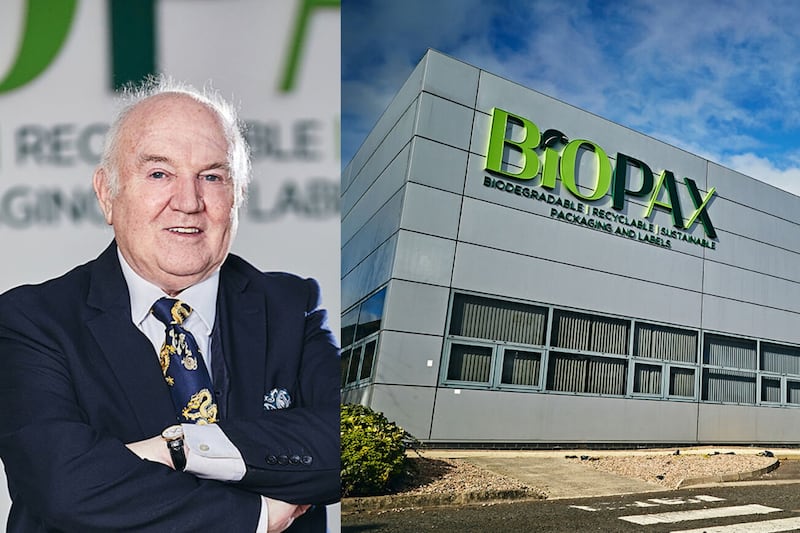HUNDREDS of highly-skilled workers at Caterpillar's plant in Larne are set to lose their jobs over the next year as the US manufacturing giant migrates some of its manufacturing function to low-cost overseas locations like India.
As many as 700 production, support and management positions will be impacted after the company opened a 90-day consultation process to restructure its electric power division operations in Northern Ireland.
Caterpillar, which commands global sales of around $55 billion, says the decision supports its ongoing plan to better utilise existing capacity and improve cost competitiveness, though it stressed the move wasn't as a result of Covid-19 or Brexit.
But unions have branded the decision as a “scandalous profit grab” and are demanding that the Stormont Executive uses all available economic and political levers to safeguard the highly-skilled jobs.
Caterpillar has had a presence in Northern Ireland since 1999, when it acquired the former FG Wilson business.
At one stage it had more than 3,000 workers on its books, and the firm has been a major contributor to the region’s reputation for manufacturing and engineering excellence.
But if all 700 redundancies go ahead, it will be left with a workforce of just 900 across its operations in Larne and at Springvale in west Belfast (where it is also considering seeking its Millennium office building and relocating remaining employees to the Larne facility).
“We recognise that what we are considering is difficult for our employees, their families and the community,” said Joe Creed, vice-president of the electric power division at Caterpillar.
“We do not take these contemplations lightly, but must plan for future business needs to be competitive.”
Caterpillar, which has received more than £25 million of state funding in the last two decades but which has invested £135m in that time, has trimmed its payroll gradually since the economic crash of 2007, but never with a singular cut of this extent.
While its Northern Ireland operation had revenues of half a billion pounds in its last trading year, in 2017 and 2018 it made losses of £30 million combined (it wasn't helped by an additional tax charge of more than £8 million covering the years from 2010 to 2017).
The accounts show that company's pay bill came in at nearly £70 million for its workforce of 1,661 in the north, which by a crude calculation means the average worker is earning a wage just shy of £42,000.
And given that migrating work to low-cost countries now appears to be a high priority for Caterpillar, it raises the spectre of even further job losses in the year ahead.
But economy minister Diane Dodds insists she "has confidence" the Caterpillar operation will continue to be a key contributor to the manufacturing and engineering base in the north.
She said: “These redundancies are hugely disappointing and a devastating blow to the economy and to many hard-working families. But Invest NI will work with the Caterpillar senior management team to mitigate the potential impact.”
The Unite union's regional officer George Brash said: “This is a scandalous decision geared only to increase further the company’s corporate profits and outsource production to India.
“Last year Caterpillar posted profits of more than $17 billion dollars, but clearly that is not enough and they are seeking to make even more money at the cost of their workforce in Northern Ireland.”
He added: “These are very highly-skilled manufacturing jobs and will not be easily recovered.
“It's vital that the Stormont Executive respond to the crisis in our manufacturing sector. They need to intervene with every political and economic lever at their control to safeguard jobs and sustain manufacturing capacity – as well as developing the manufacturing jobs for the future.”







